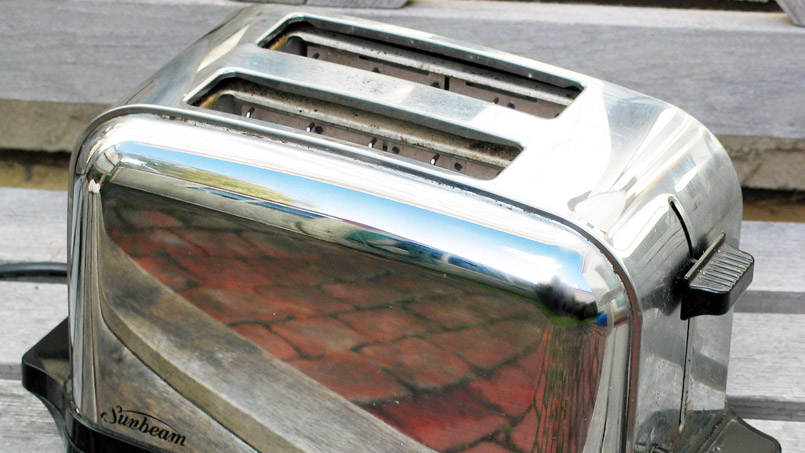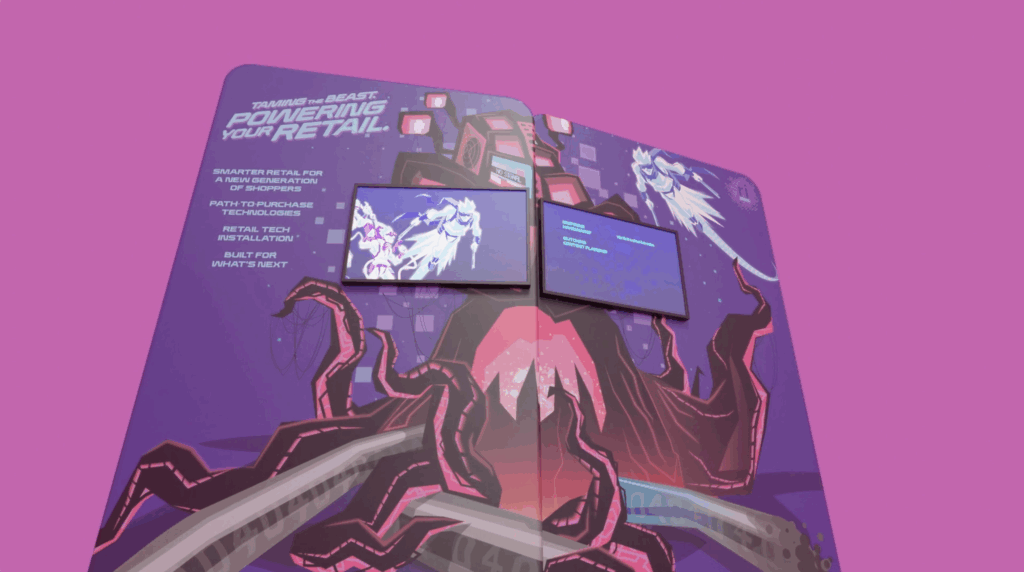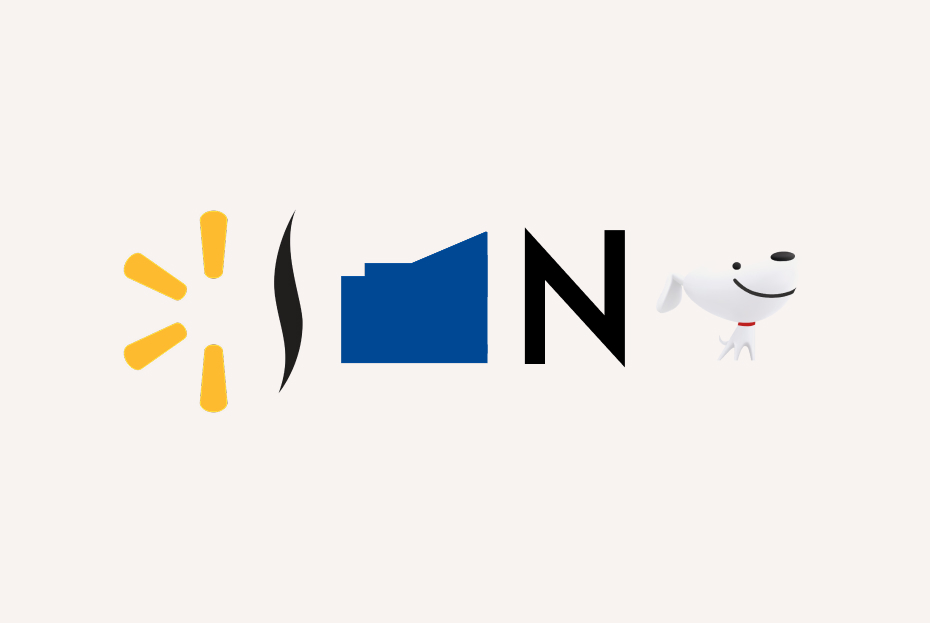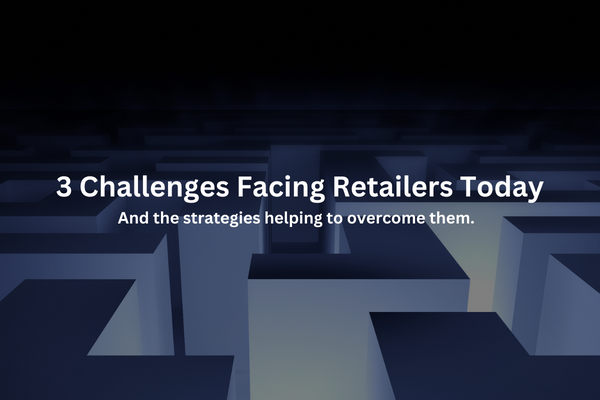The overall development process, from concept to pilot, may only take 10-14 weeks, but some of the decisions made at the beginning of the process are the most crucial.
They can determine your costs and the amount of headaches you’ll have through deployment and over the life of the program.
Don’t Think of Units as PCs
Let’s cover the basics. Although most kiosks have PCs, they shouldn’t be treated like PC units. They should be approached more like countertop appliances. When there is something wrong with your toaster, do you open it up and see what going on? Probably not. So, why would you “open up” a kiosk CPU? No one should be allowed into the kiosk to make one-off changes. This applies to both the initial installation and during ongoing management. You want each unit to be as similar as possible in the field. Any ‘tinkering’ to individual units during installation or afterward will increase your overall costs.
Most kiosk deployments I see are a patchwork. There may be different drivers, BIOS settings, and even different hardware out in the field. Again, think of kiosks as toasters rather than remote PCs. Each unit should have the same hardware, the same wiring, and the same software. Each unit’s software configuration should be exactly the same across all the units. Without a doubt, multiple field configurations increase costs and support efforts. If all the units are identical it makes troubleshooting and remote management substantially more efficient. It takes discipline, but with this philosophy there is either a problem on all the field units, or it’s a hardware problem on one specific unit. There is no in-between.
Plan Ahead & Reduce Worries
Create a thorough plan for connectivity, power, shipping/receiving, field services support, help desk and other logistics. Managing deployment of units with sophisticated electronic technology isn’t the same as managing a display/fixture campaign roll-out. While, there is a tendency to rush the shipping of units to the field, the overall goal is to have the unit in the field actually producing results.
“Best practice” for deployment includes the testing of all parts and functionality of units before they are shipped. The manufacturing process should include QC, test, and setup of units before they are sent out for installation. Just think about it, if you have created a process that requires installers to assemble the units in the field, you will have increased variability which drives costs up.
Each installer will put things together differently, which will lead to more problems down the line. Your deployment process should be thoroughly planned “upstream,” meaning during the manufacturing process, or by developing an easy to use installation “wizard.” The installer should not have to improvise or make decisions on your behalf. Field installation should be swift, simple and obvious.
Apply Insights & Get Started
First, you prototype your kiosk solution, next you pilot it, and finally you roll-out multiple units. Throughout the deployment process, you’ll learn things that can make your project better. Apply your insights to each subsequent stage of deployment and make the necessary cost-effective changes along the way.
Excellent results are born from thoughtful and thorough planning. The more work you do up-front, the more sleep you’ll get, and the less overall cost you’ll incur. With today’s low cost hardware, proven software, and remote management technologies every brand in every retail environment can plug in a few ‘appliances’ and start increasing sales today.







